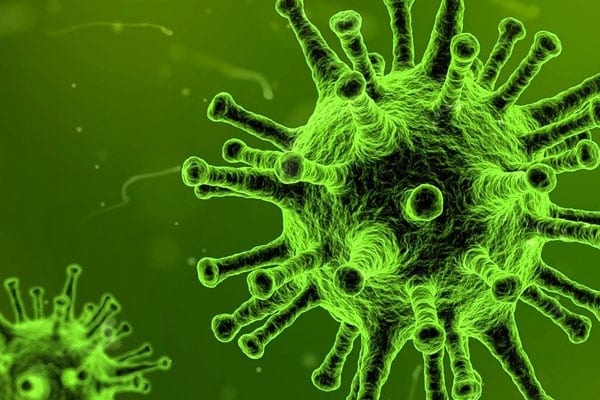
BASC calls for better Defra engagement on Avian Influenza risk
BASC is urging Defra to engage better with the shooting sector following the publication of a risk assessment in relation to the release of pheasants and Avian Influenza.
Get information on the legal shooting season for mammals and birds in the UK.
Apply for funding for your project or make a donation today
Comprehensive information and advice from our specialist firearms team.
Everything you need to know about shotgun, rifle and airgun ammunition.
Find our up-to-date information, advice and links to government resources.
Everything you need to know on firearms law and licensing.
All the latest news and advice on general licences and how they affect you.
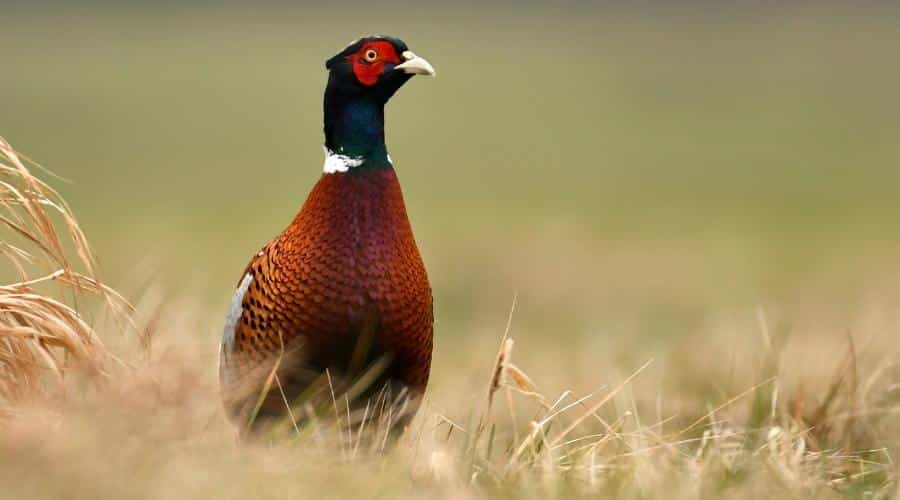
BASC’s Glynn Evans featured on BBC Radio 4’s Farming Today programme this morning, 20 October, to discuss the impact of avian influenza on shooting and the regulation surrounding releasing gamebirds – listen here from 3.27mins.
Responding to the accusation by the RSPB’s Jeff Knott that gamebirds should not have been released this year, Glynn said that there are a number of legal requirements placed on game farmers and gamekeepers when moving and releasing gamebirds. They include the prohibition of releasing gamebirds in disease control zones (see BASC’s FAQs on the topic).
In a season that has seen shooting significantly impeded by reduced gamebird supply from the continent, Glynn highlighted the importance of shooting to the rural economy and conservation efforts.
Looking at it from a personal perspective, Glynn said; “I am in a small shoot, we haven’t put birds out this year and the loss of income to our local community would be in the region of £20,000.”
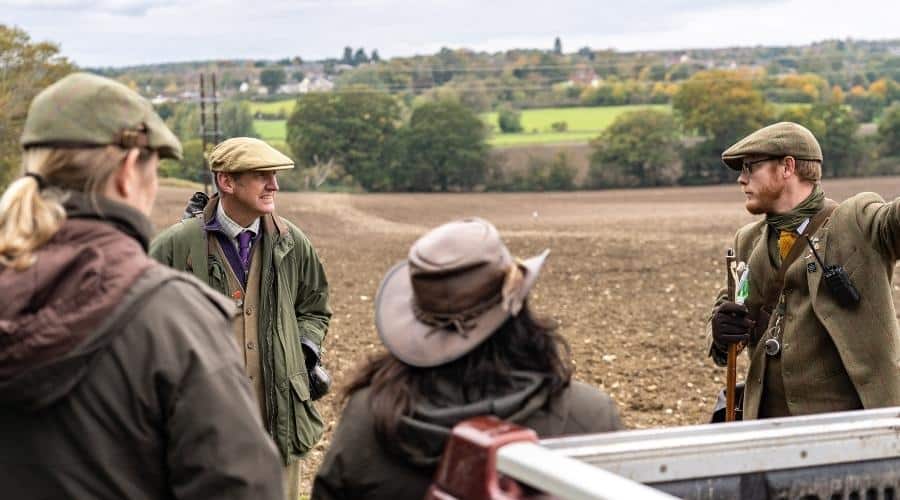
BASC’s view is that the introduction of any further regulation or restrictions should be evidence-based, proportionate and be certain to reduce the risk of avian influenza.
The RSPB’s current position on gamebird shooting fails to meet this expectation, as recently highlighted by BASC.
Specifically on gamebird release, a revision of the RSPB’s policy called on Defra to impose “Further regulation and better enforcement of existing rules”. The announcement was made at its AGM on Saturday 15 October.
The RSPB has adopted this position without any evidence to back it up and no acknowledgement of the conservation value delivered by shooting and its participants.
Back to Farming Today, and Mr Knott’s response to a question around evidence of prevalence of AI in pheasants was based on supposition and a precautionary approach, stating that “there is a lot we don’t know about how this virus has spread around the countryside”.
So without supporting evidence, the RSPB has adopted an approach that smacks of shooting from the hip without significant consideration of the consequences for rural Britain.

BASC is urging Defra to engage better with the shooting sector following the publication of a risk assessment in relation to the release of pheasants and Avian Influenza.
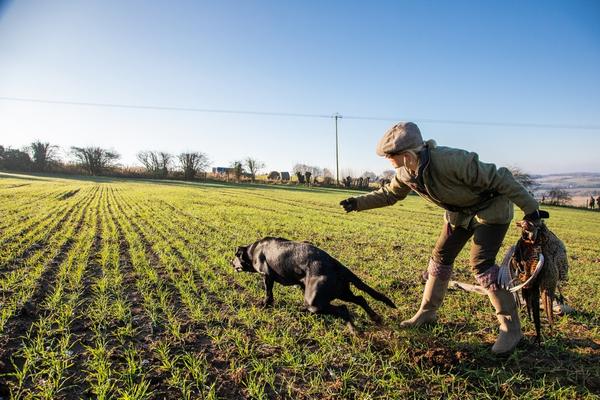
BASC continues to monitor the developing situation with avian influenza, providing the latest advice and guidance to members via our AI hub.
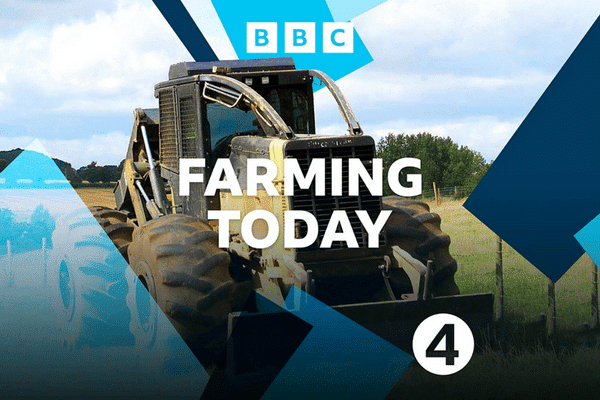
Practising the highest biosecurity is the “biggest tool” available to stop the spread of avian influenza, BASC told the BBC earlier today.
Sign up to our weekly newsletter and get all the latest updates straight to your inbox.
© 2025 British Association for Shooting and Conservation. Registered Office: Marford Mill, Rossett, Wrexham, LL12 0HL – Registered Society No: 28488R. BASC is a trading name of the British Association for Shooting and Conservation Limited which is authorised and regulated by the Financial Conduct Authority (FCA) under firm reference number 311937.
BASC Direct Ltd is an Introducer Appointed Representative of Agria Pet Insurance Ltd who administer the insurance and is authorised and regulated by the Financial Conduct Authority, Financial Services Register Number 496160. Agria Pet Insurance is registered and incorporated in England and Wales with registered number 04258783. Registered office: First Floor, Blue Leanie, Walton Street, Aylesbury, Buckinghamshire, HP21 7QW. Agria insurance policies are underwritten by Agria Försäkring.
If you have any questions or complaints about your BASC membership insurance cover, please email us. More information about resolving complaints can be found on the FCA website or on the EU ODR platform.